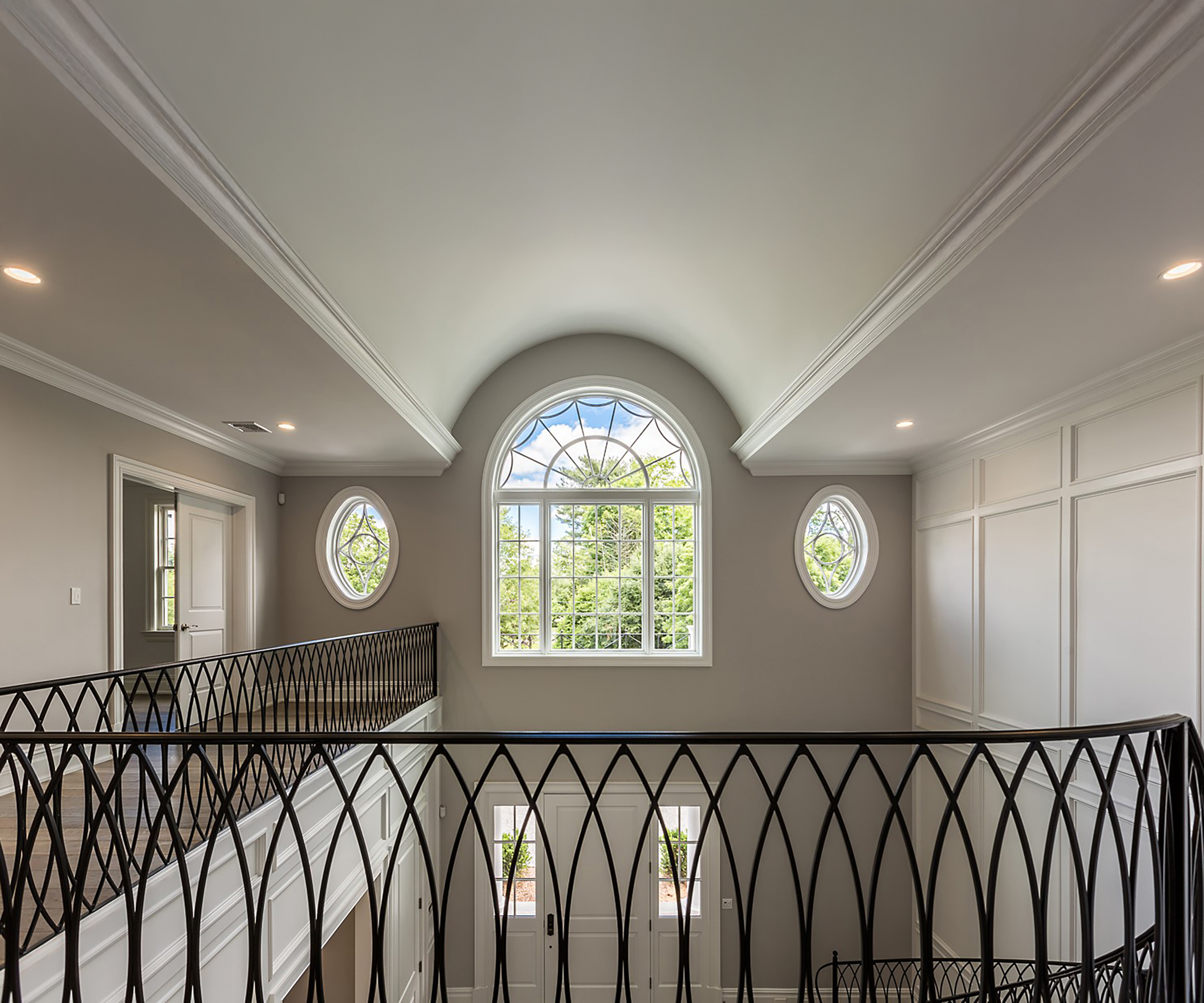The very first step to building a custom home is having an overall idea of what you want. Knowing the general size, style and budget for the home is a great starting point to help. determine the location. When searching for properties, it is critical to utilize either a credible broker or knowledgeable builder to help identify and analyze a good property that can accommodate the home you are interested in building. Understanding location, site integrity, zoning requirements and other development related components is imperative to property due diligence. An experienced builder will provide you with guidance on both the development potential permitted on the identified property and the entitlement process required to receive permits. Some municipalities have preliminary board approvals that are required prior to applying for a building permit. These boards can be Historic Boards regarding demolition permits, Architectural review boards regarding aesthetics, Planning boards regarding site logistics, and Zoning boards regarding variances and special uses. Understanding the municipality’s approval process and regulatory requirements is crucial. Once you have secured all the approvals and permits needed, you are ready to initiate construction. By now you should already have an itemized budget and specs in place with a construction schedule based on the approved plans. The key to a successful project is open communication and transparency. The earlier you identify the right builder, the more streamlined the entire process will be.

